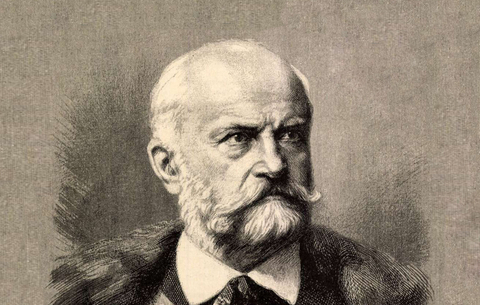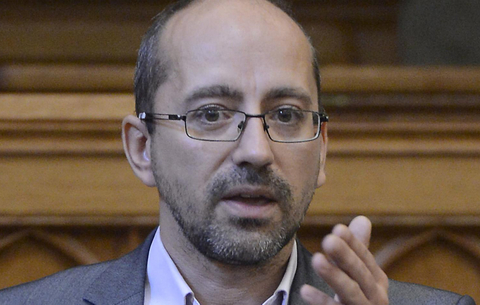Opinion
Following the Polish Left's spectacular defeat, and now that our elections are fast approaching - where there's a good chance of a right-wing government taking the place of our current left-wing party - people are once again pointing to the parallels. It began in 1993, when a post-communist party defeated the party of the regime change.
The same happened in Hungary the following year. Since then, both here and in Poland, governments of left and right have succeeded each other every four years.
Of course there are differences. The first four years in Poland saw several governments come and go in an atmosphere of crisis. Stability came only with the return of the ex-Communist party. In Hungary, the first government survived for the whole four-year period, despite the death of József Antall, the first Prime Minister.
It's fair to say that the Polish Democratic Left Alliance (DLA), which has just left office, has proved a stable governing force. So if we insist on our Polish-Hungarian analogies, then maybe we can claim that the Hungarians set the trend. The departing Polish government party won 41% of the vote in September 2001 amidst euphoric celebrations. Their 11% score in the recent elections makes the comparison complete. Both on winning and on losing, their share of the vote almost perfectly matches the Hungarian Democratic Forum's in the 1990 and 1994 elections.
But looking at the reasons for the DLA's fall, Hungarian observers are more likely to be reminded of the Fidesz government's (1998-2002) travails. The Miller government was dogged by suspicions of corruption, a sense that the government was looking for legal loopholes - though nothing was ever proven. Of course, in Poland, sleaze started to speak for itself, driving the party's own supporters away. And here there is no obvious Hungarian parallel.
The left in Poland has behaved like a Communist successor party. Former comrades took turns at the top until the party itself was in danger of extinction. At which point the Old Guard gave way to the Young Turks. This shows certain similarities with the rise of Ferenc Gyurcsány, our current Socialist PM, but there are huge differences. In any case - if the Hungarian Left loses next year's elections, then they won't be doing it according to the Polish script - there will be no parallel with the 1994 defeat of the Hungarian Democratic Forum.
András Pályi









